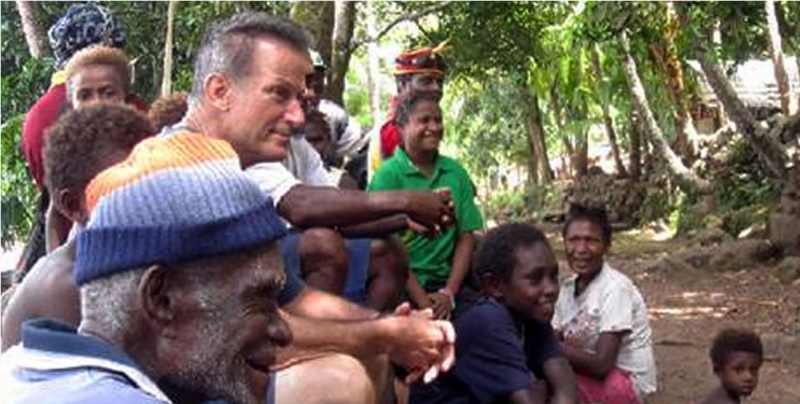Still like Babel

With all the languages in this one county it could feel similar to Babel.
It’s hard to understand how God discerns language boundaries but it’s clear He gave His church the opportunity and privilege to reach each one with His written Word.
Mike and Sandy Mikolavich report that there are approximately 860 distinct languages here. That’s more than any other single country on earth.
This would have to imply that there are at least that many people groups or tribes who speak their own language. There may be some close similarities or overlap, but without the Word of God in their own heart language, it is difficult for them to understand the Truth.
Mike writes, “We don’t know where God draws the lines in terms of language boundaries and people group boundaries. We humans have our linguistic definitions as to what determines when what is spoken is a dialectical difference, a language difference, what similar languages are in the same language family, etc. It is a lot like the animal kingdom in which differences are defined.
“For example, the Lamogai language where Sandy and I continue to minister is part of the larger Austronesian language family, which goes from Madagascar, just east of continental Africa, clear across oceans and the Pacific to Easter Island. Within that larger Austronesian family, there are smaller groups, including phyla and sub-phyla, which have common characteristics until it gets down to one distinctive language (defined by us humans). And within that language there can be two or more dialects.”
It’s understood from Scripture that at least some from every people group, tribe, language and nation will be included in God’s Kingdom.
Attempting to obey His command to go into the entire world and preach the Good News to everyone means doing an assessment of these groups. This helps to determine where missionaries should be placed next and involves a lot of trekking around the country.
This means monitoring the sea and wind conditions because travel is not only by road and air but by ocean as well.
There are never shortages of delays in this process.
Recently the field has been very short of pilots and mechanics. That means a very limited access to the mission planes for travel. Getting on the list to be served even once a month has been difficult because it’s still true that, “the laborers are few,” as Jesus said in Matthew 9:36-38.
Often the boats get overloaded and the bad sea conditions cause tragic situations which lead to delays. While another boat can always be found, it might be just a banana boat or fiberglass dinghy to travel the rough seas from one island to another.
Sharing these boats with folks who are taking all kinds of things to trade or buying to bring home, usually means there is no shade or seats. There are always children with mothers just holding on to keep them to keep them from falling overboard.
Going by road and hiking through the steep mountains, they can find a home that is graciously offered to them. That might involve sleeping on the limbum or split palm floor.
As they meet new people they are always hoping the clan leaders and land owners in the best village will ask the new NTM team to come live there and build a house.
Do you believe the Truth of Scripture that says that laborers are few? What part do you have in the answer to the prayer Jesus told us to pray that, “the Lord of the harvest would send out laborers into His harvest?”
You can help send laborers into God's harvest. Find a missionary you can help send.
